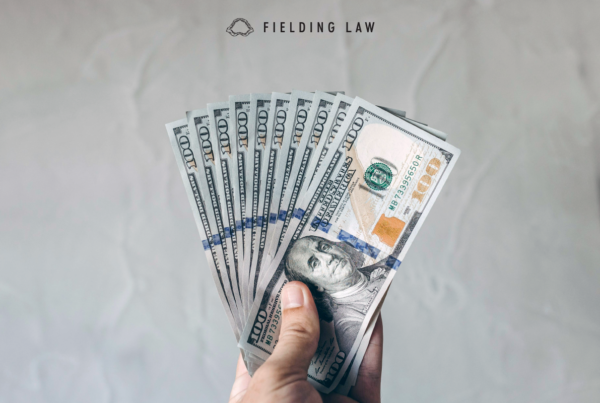Mold Exposure Risks in California
Mold exposure is a hidden danger that can seriously affect your health. In California, where the climate often encourages moisture buildup—especially in coastal or older buildings—mold problems are more common than you might expect. From breathing issues to itchy rashes, mold can disrupt your life and health in more ways than one. At Fielding Law, we are committed to helping victims of toxic mold exposure understand their rights and seek justice.
How Mold Affects Your Health
When mold is present, it releases spores into the air that can trigger a variety of health issues.
Common symptoms include:
-
Coughing, wheezing, or shortness of breath
-
Skin irritation and rashes
-
Watery eyes, sneezing, and headaches
These effects can be even worse for people with asthma, allergies, or compromised immune systems. If you live or work in a mold-contaminated building, prolonged exposure can lead to long-term health problems.
Warning Signs of Mold Exposure
Early detection matters. In many California homes and workplaces, mold often hides behind walls or under flooring. Look for:
-
A strong, musty smell in certain areas
-
Dark or discolored spots on ceilings, walls, or vents
-
An increase in allergy-like symptoms when indoors
If you notice these signs, take action quickly to reduce the risk of illness and further damage.
Who Is Legally Responsible?
California law requires landlords, property managers, and building owners to maintain safe living and working conditions. That includes addressing mold problems caused by leaks, poor ventilation, or structural defects. When a property owner fails to fix a mold issue or ignores complaints, that can be considered negligence. Victims may have the right to pursue compensation for:
-
Medical bills
-
Cost of mold remediation
-
Lost wages due to illness
-
Emotional distress and decreased quality of life
How We Help You Move Forward
We streamline the legal process so you can focus on your recovery. After your consultation, our team will:
-
Review your symptoms, documentation, and property conditions
-
Explain your rights under California law
-
Connect you with a vetted attorney experienced in mold exposure claims
Your attorney will then guide you through your next steps—from collecting evidence to negotiating with insurers or filing a lawsuit if necessary.
Building Connections for a Healthier Tomorrow
If mold exposure has affected your health, do not try to handle it alone. At Fielding Law, we help you understand your legal options and take action. We listen, investigate your case, and connect you with a qualified California mold exposure lawyer who can fight for the compensation you deserve. Call 833.88.SHARK today to schedule your free consultation.
Note: Information provided is for educational purposes and does not constitute legal advice. Always consult with a qualified attorney for legal concerns.





